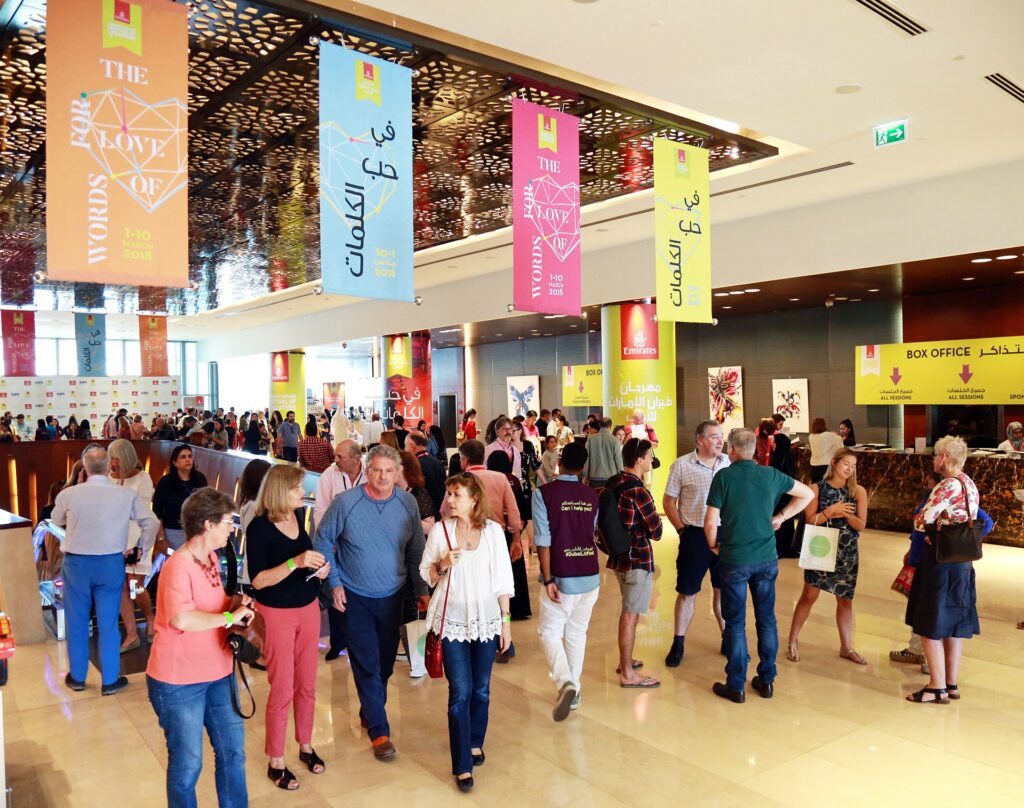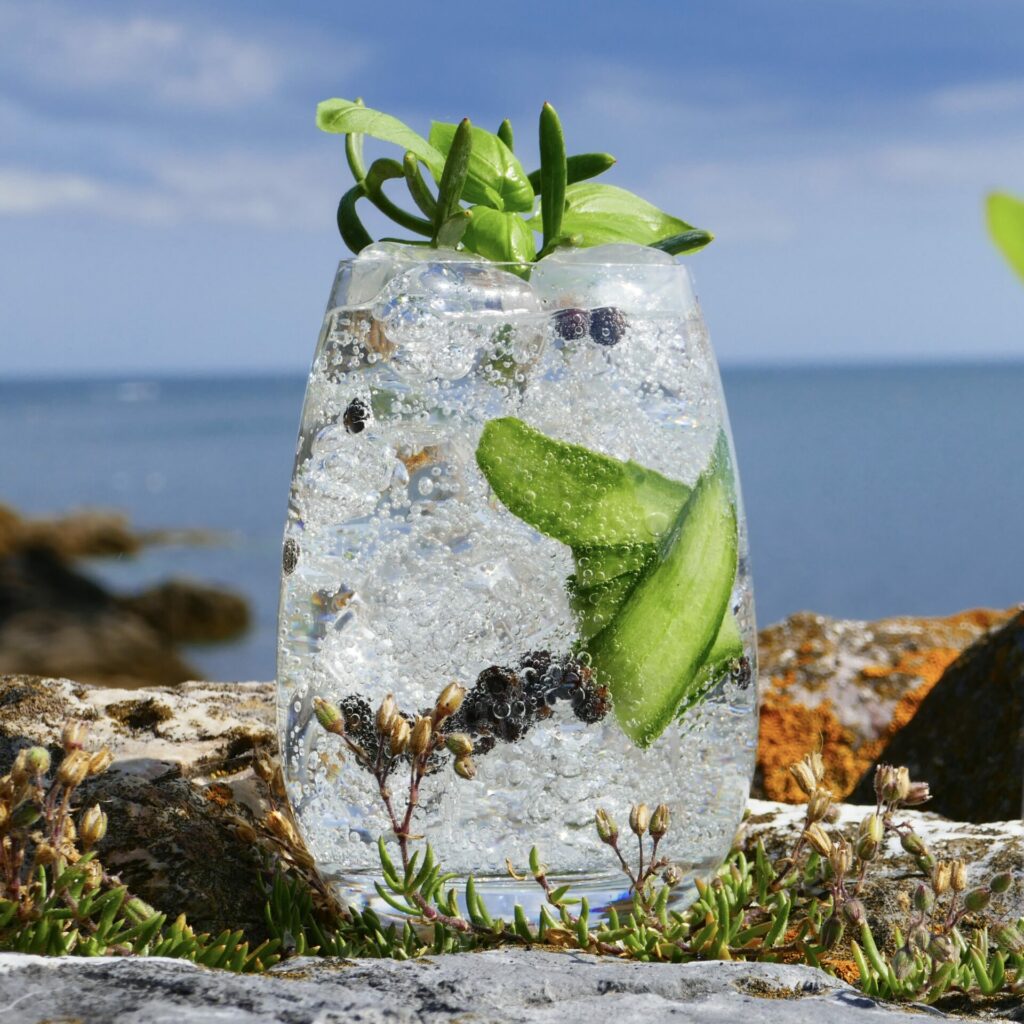Easter is almost here which means one thing for many of us who celebrate it: chocolate – and lots of it. A staggering amount of Easter eggs, chocolate bunnies and other sweet treats will be eaten over the Easter weekend along with a traditional roast dinner on Easter Sunday.
While many will be worrying about the extra calories all that adds up to, and how much money they’ve spent – on average of $170 (AED 624) per person in the US – the biggest toll is on the environment with all the Easter waste going into landfill to add to the climate crisis.
In the UK the 90 million chocolate eggs sold annually produce 9,600 tonnes of cardboard waste, 4,000 tonnes of plastic waste and uses 160 tonnes of foil packaging, most of which isn’t recycled
And you just have to look at the figures to see how damaging that really is. A whopping 180 million Easter eggs are bought each Easter in America – a total of $22.4 billion – along with many as 91 million chocolate bunnies – that’s a lot of Easter waste to deal with.
In the UK the 90 million chocolate eggs sold annually produce 9,600 tonnes of cardboard waste, 4,000 tonnes of plastic waste and uses 160 tonnes of foil packaging, most of which isn’t recycled. Easter decorations are often made of single-use plastic while Easter fake grass takes up to 500 years to break down in landfill.
But you can have an eco-Easter this year by making a few easy tweaks to reduce Easter waste and be more sustainable. Ian Cowley, founder of Cartridge Save is an expert at reducing waste and shares his top tips with The Ethicalist. ‘Making a few sinple changes could go a long way in protecting the environment,’ he says, ‘and it will likely save some money, too.’
Choose Eggs With Recyclable Packaging
Avoid eggs in single-use plastic. ‘More chocolate eggs use cardboard rather than plastic in their packaging these days, which is better for the environment,’ says Ian. ‘Opting for eggs that come in recyclable packaging is the much more sustainable alternative, and there’s a vast range of these eggs to choose from, so your selections won’t be limited to just a few options.’
Recycle any cardboard, structured plastic, and foil found in Easter egg packaging. ‘All recycled waste must be clean for it to be accepted, so remember to give it a rinse or a wipe down if necessary,’ Ian says.
If you can, avoid chocolate eggs that include extra chocolate that is wrapped or bagged in non-recyclable plastic. Many eggs will come with extras inside the egg instead of extra packaging so choose them to reduce Easter waste.
Make Your Own Sweet Treats

Of course, chocolate eggs aren’t the only thing that many of us tuck into in at Easter. ‘We all indulge in other treats such as cakes, hot cross buns, and chocolate nests,’ says Ian. ‘If you can, making these yourself can be both good for the environment and incredibly satisfying.’
Baking with family over the holiday means you can have fun while also making delicious treats without lots of Easter waste.
‘Only buy what you need and eat any leftovers or incorporate them into a new meal. Compost anything that doesn’t get eaten including any real eggshells, for example, instead of just throwing them in the bin’
If you enjoy baking and have the means or time to get creative, consider making your own chocolate eggs with a reusable mould. You can buy large chocolate bars to melt – ideally those wrapped in paper, or other recyclable packaging – to use in a recipe. There are also plenty of other quick and easy recipes that you can try, such as chocolate nests and hot cross buns.
‘If you’re baking or cooking over Easter, try to practice tips you would throughout the year to avoid Easter waste,’ advises Ian. ‘Only buy what you need, portion meals, and eat any leftovers or incorporate them into a new meal. Additionally, compost anything that doesn’t get eaten or goes off. Aim to compost any real eggshells, for example, instead of just throwing them in the bin.’
Celebrate With Reusable Decorations

If you’re someone who likes to decorate your home at Easter, avoid disposable decorations.‘These can be incredibly wasteful if made of plastic and will only be used for a brief period. Paper or card decorations are a good disposable option as these can be recycled,’ says Ian. ‘You can also buy decorations that are good quality and can be reused for years to come. This will prevent you from creating more Easter waste and will save you money as you won’t have to buy new decorations next time around.’
One way to get involved is by making your own paper decorations, such as paper bunnies, paper eggs, paper baskets, paper flowers, paper chains or bunting. Kids will find making these fun, and they can be recycled. You could even use old Easter cards to make decorations or get creative with chocolate egg boxes. Additionally, using real plants or flowers to decorate your surroundings can create a beautiful spring-like atmosphere.
If you feel limited by your options or want something different, consider swapping your decorations with friends and family. That way, you can switch things up and feel like you have something new without consuming more products or creating more waste.
If you have children that want to dress up, donate their costumes or pass them on after the holiday season is over, or once they’ve grown out of them and can’t wear them again.
Send Digital Easter Cards
Easter cards are a tradition for many, but in the digital age, you should consider whether sending them is necessary. ‘It’s ideal to reduce the number of cards you send, especially for people you see often,’ says Ian. ‘You can always send a text, social media message or e-card, all of which will produce no waste.’
Simple cards with no glitter or other embellishments like bows are the best option if you insist upon sending physical cards. When in doubt, look for FSC labelled cards, as these will meet a certain production sustainability standard and may be made from recycled materials as well as being recyclable themselves.
Think about making your own DIY Easter cards using supplies you already have.
No Easter Waste Gifts
As for gifts, avoid novelty items that the recipients won’t care about once the holiday is over, e.g. cheap toys – or consider purchasing second-hand or obtaining unwanted toys from family.
Select recyclable wrapping paper when giving gifts, or better yet, give them unwrapped in a reusable gift bag. If you want to go completely waste-free, gifting someone a virtual gift card can be a great option and will let them choose their own gift, avoiding any unwanted purchases.
Plan A Zero Waste Egg Hunt

If you’re hosting a party or want to provide some Easter entertainment, it’s a great idea to organise a zero waste Easter egg hunt. ‘For this, you can use reusable wooden eggs, make eggs using spare paper or card, or buy foil-wrapped chocolate eggs, which you can rinse and recycle when you’re done,’ says Ian. ‘Recyclable arts and crafts can be a fun way to involve children in the making of paper decorations or costumes, ideally using art supplies you already own or good-quality art supplies you can reuse for a long time.’
Play games that are waste-free or low-waste – egg and spoon races or egg relay races using wooden eggs. Alternatively, create an Easter bingo, or make a ‘pin the bunny tail’ game out of paper.
‘An Easter-themed movie night could be perfect for low-waste entertainment,’ says Ian, ‘and classic movies like Willy Wonka and the Chocolate Factory are great for keeping to the Easter theme.
‘Ultimately, prioritise experiences and quality time with friends and family over the holiday. Many activities don’t require any extra spending and won’t produce any waste but will still guarantee an enjoyable time with your loved ones.’









